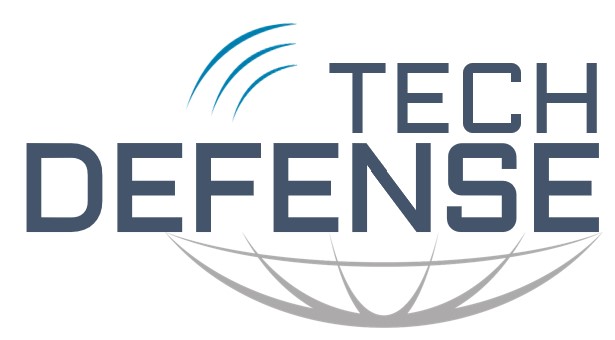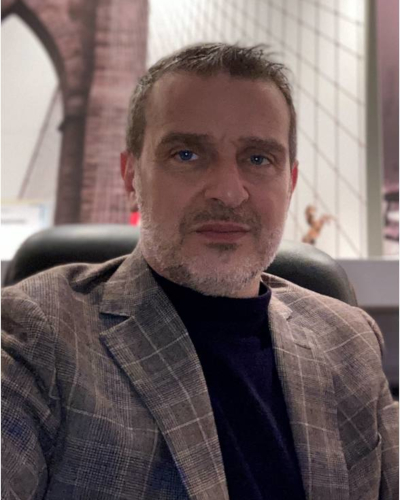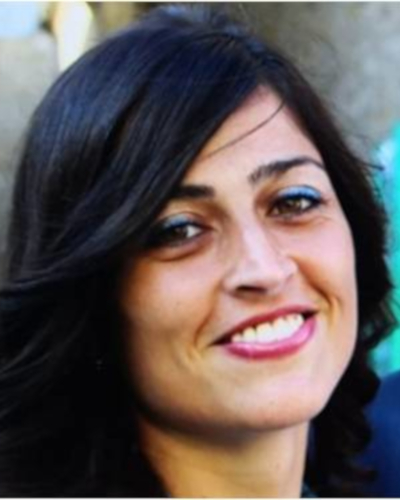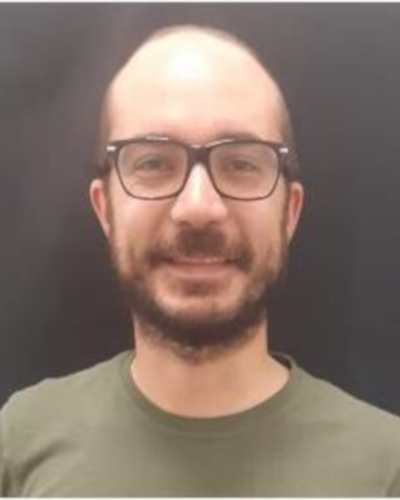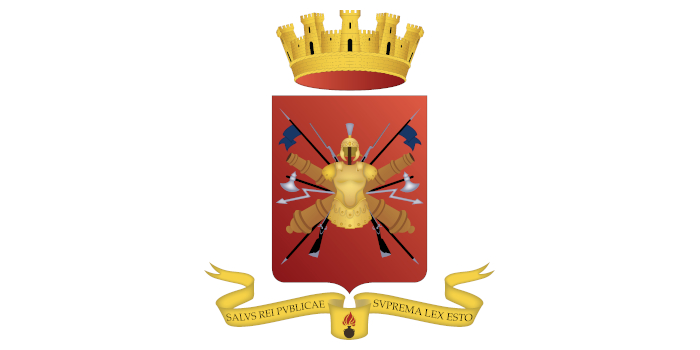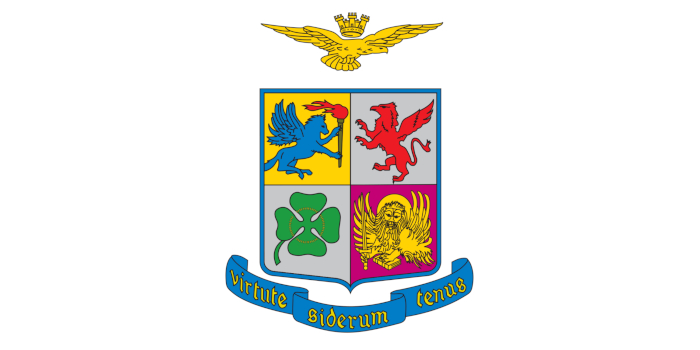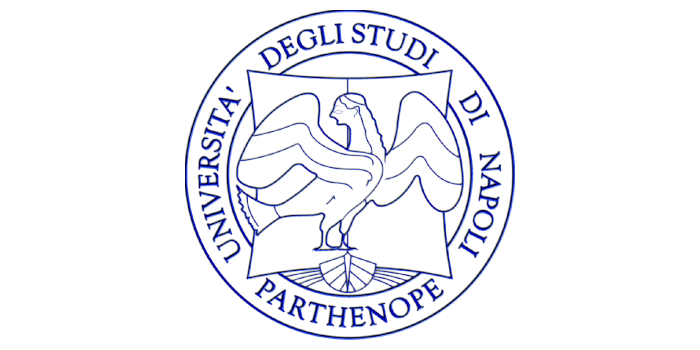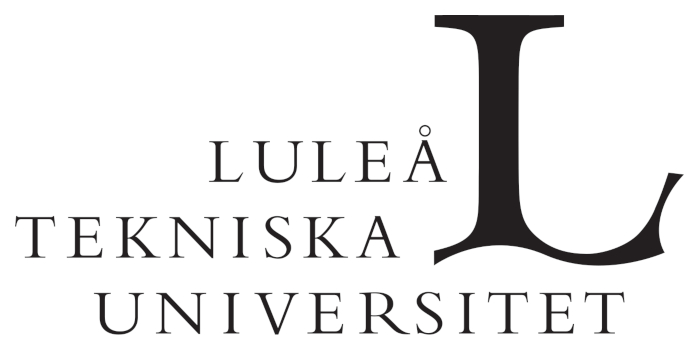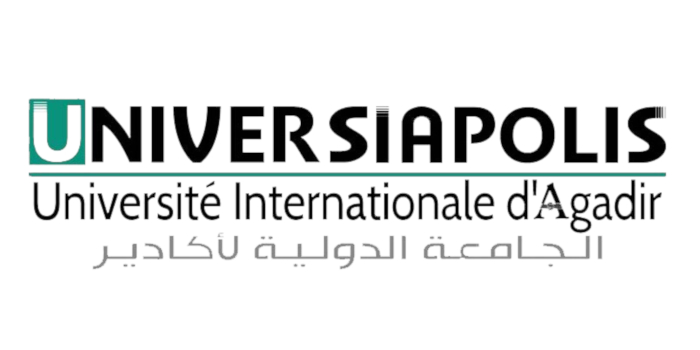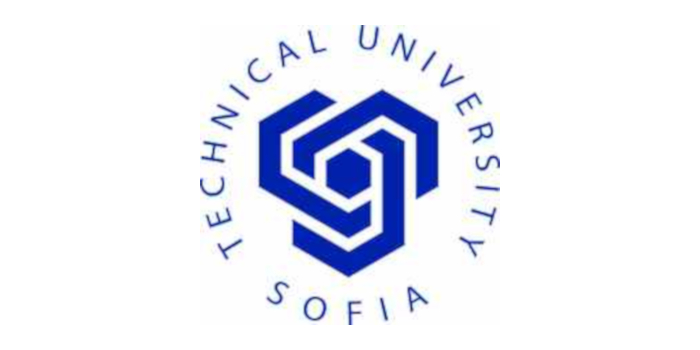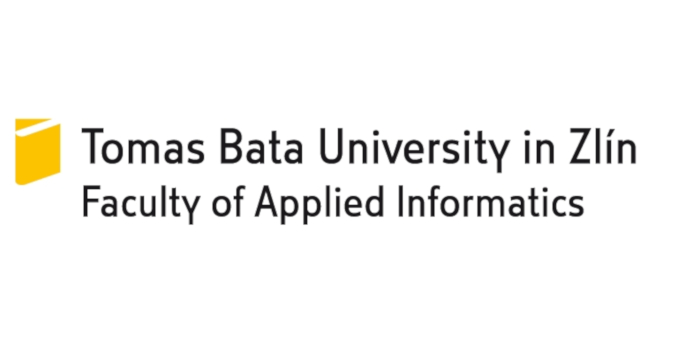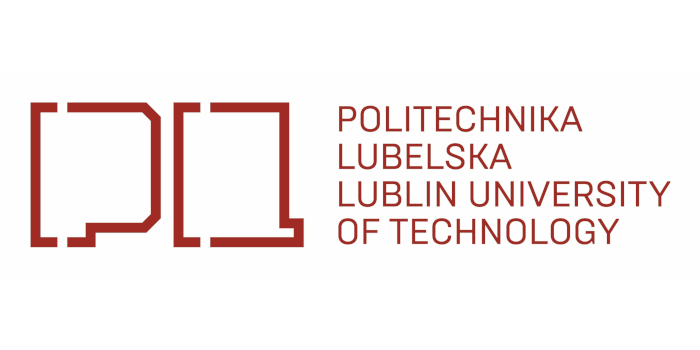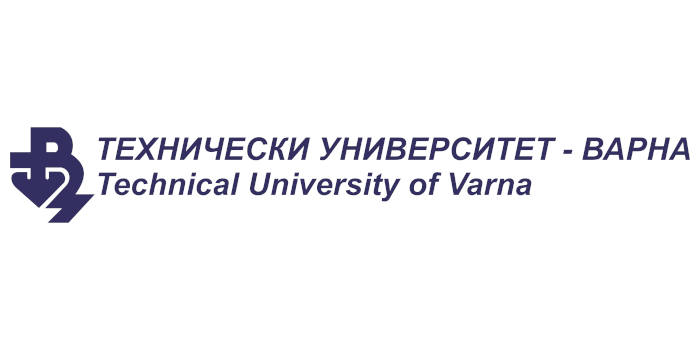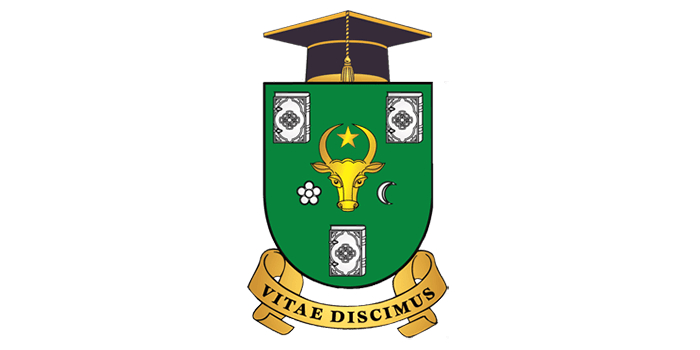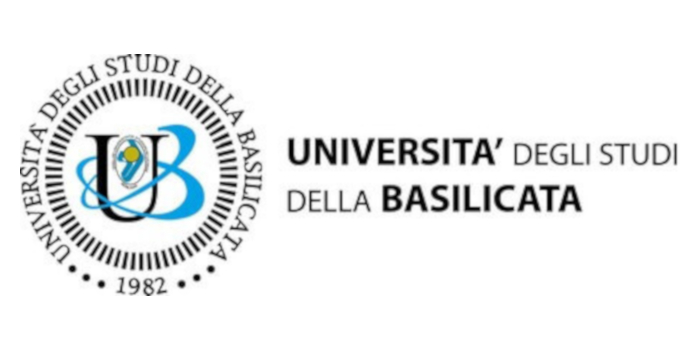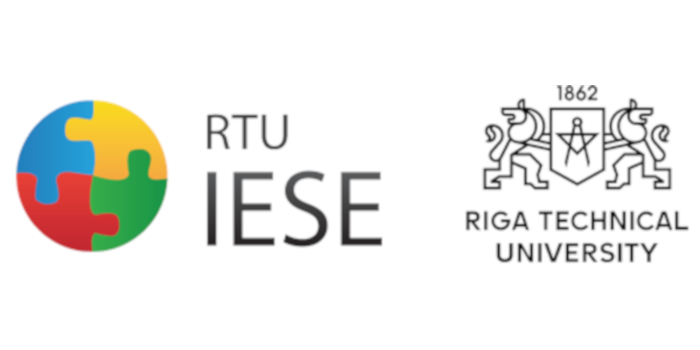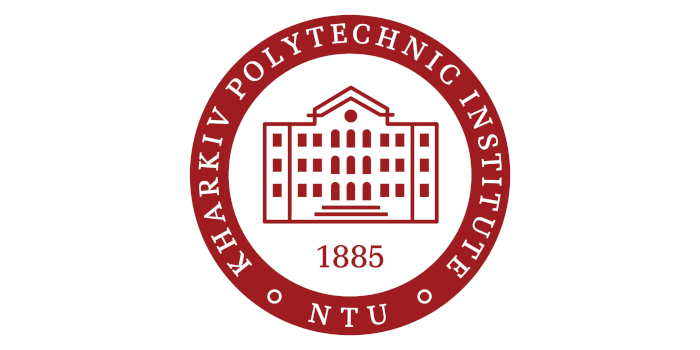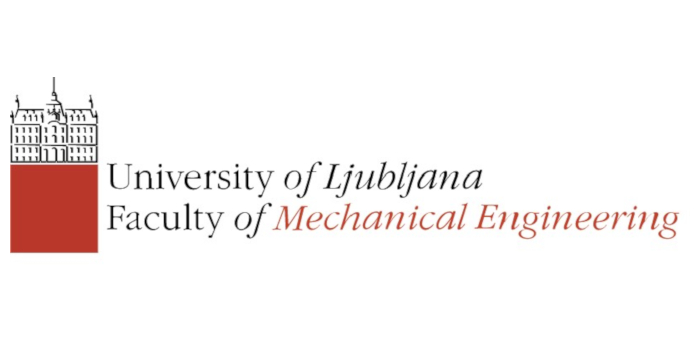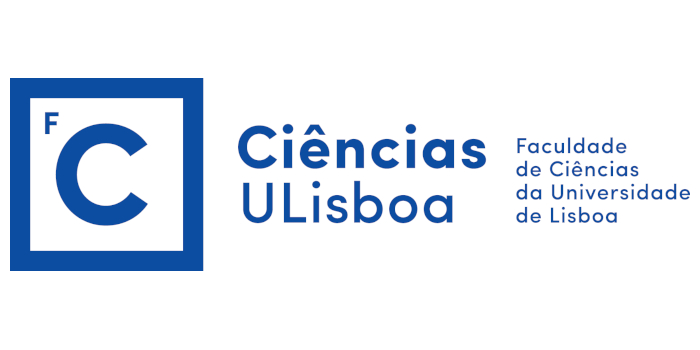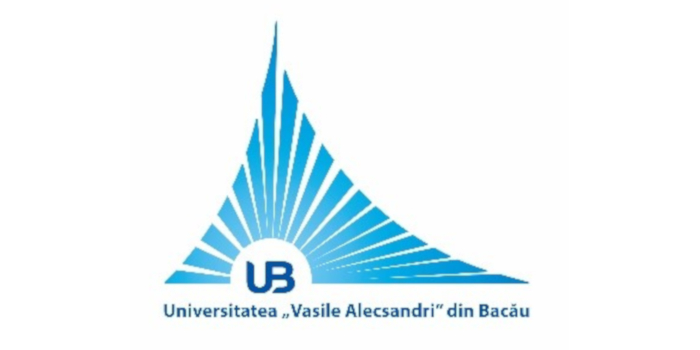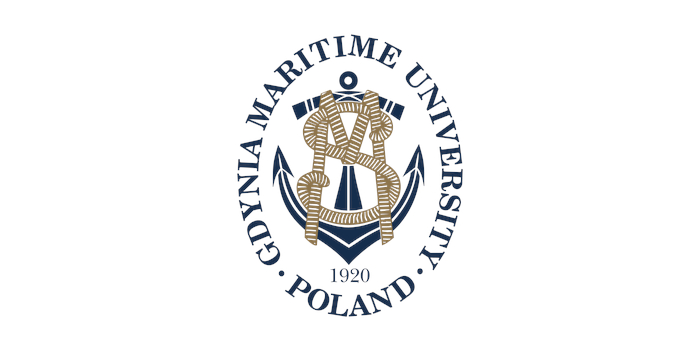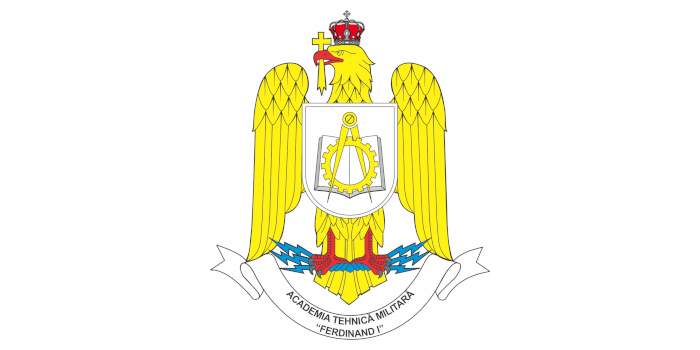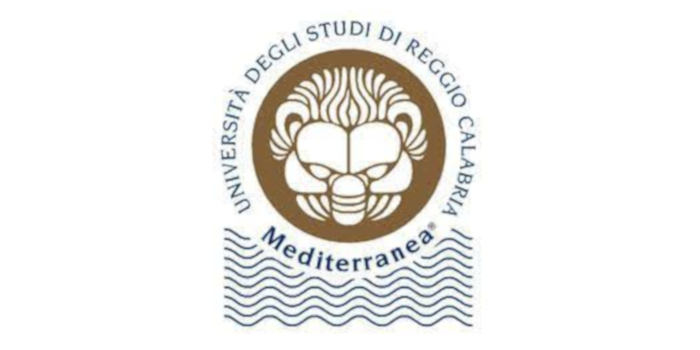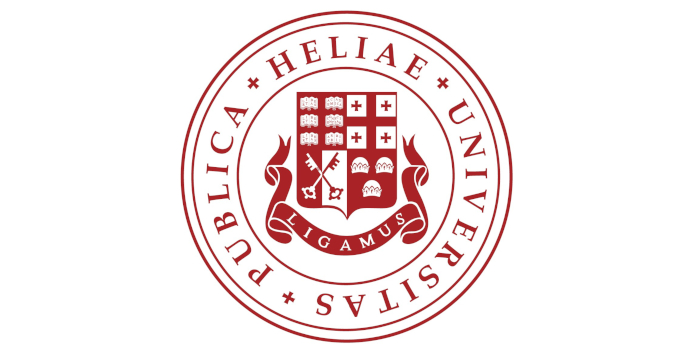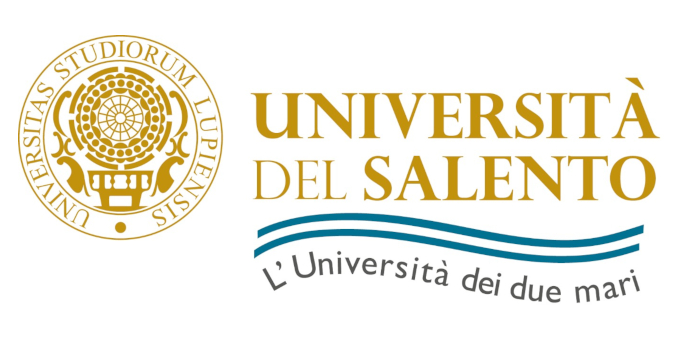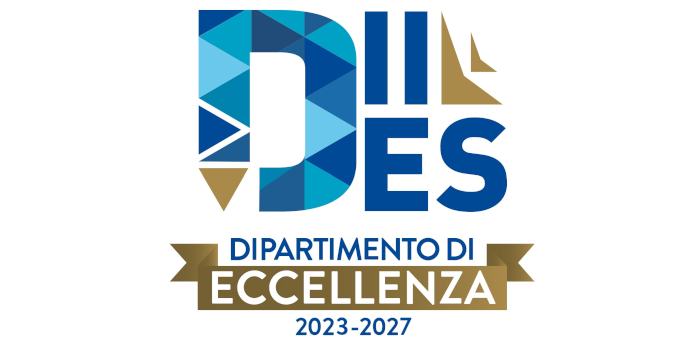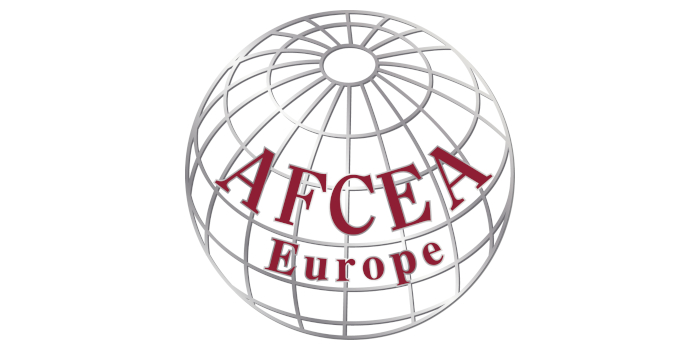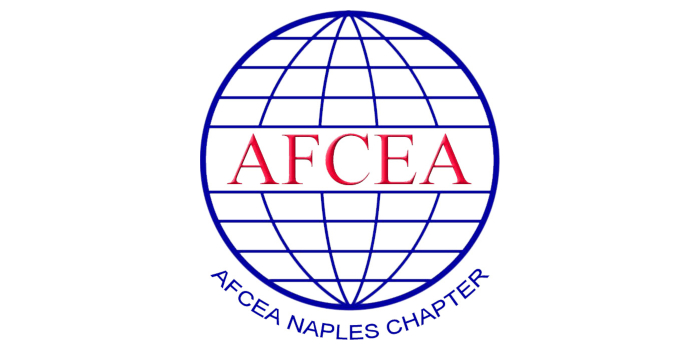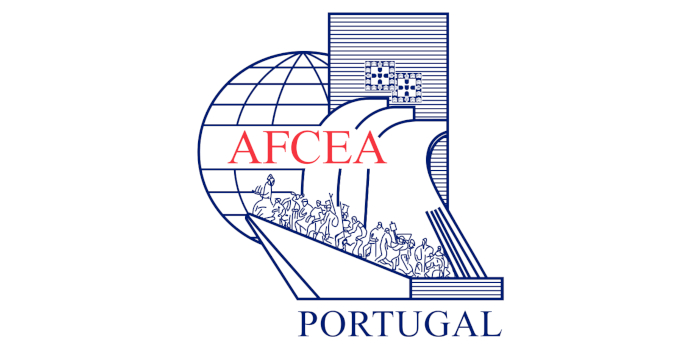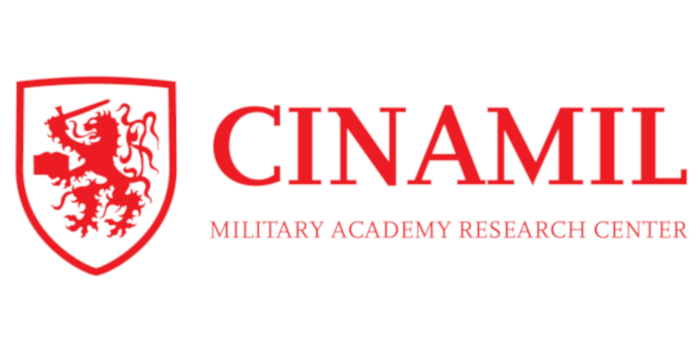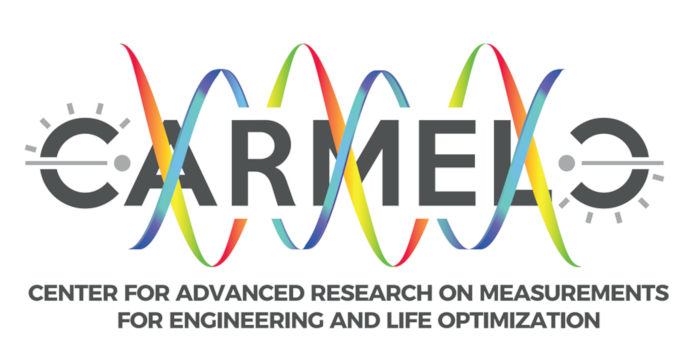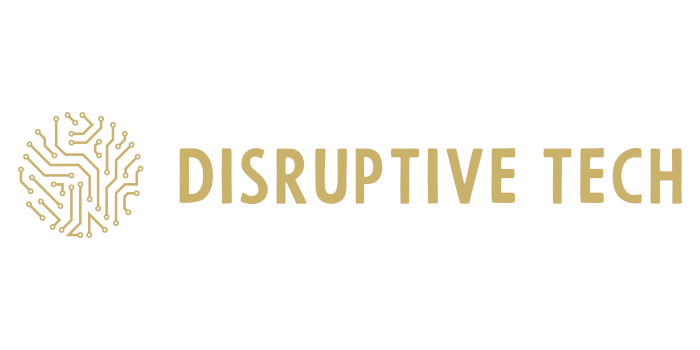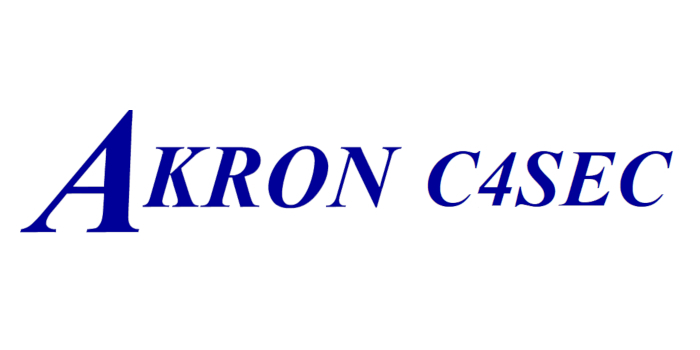SPECIAL SESSION #5
Non-invasive monitoring of psychophysiological states of military personnel during operation and training
ORGANIZED BY
Arcangelo Merla
University G. d'Annunzio of Chieti-Pescara, Italy
Daniela Cardone
University G. d'Annunzio of Chieti-Pescara, Italy
David Perpetuini
University G. d'Annunzio of Chieti-Pescara, Italy
ABSTRACT
The assessment of the psychophysiological condition of the military personnel is fundamental to ensure safety conditions, particularly in emergency situations in which the operators might be asked to act very rapidly.
Accessing the physiological signals of the military staff while executing a variety of tasks could be determinant for the development of tools supporting the operators. Among all the available measurement systems, wearable sensors and devices have gained popularity for monitoring a wide range of human activities and physiological signals in different contexts. Reliable and meaningful quantitative measurements that may be used in a feasible, accessible, and unobtrusive manner are driving an increasing interest in monitoring human health and performance. The assessment of mechanical (e.g., velocity, acceleration, distances, impact), physiological (e.g., heart and respiratory signals, oxygen saturation, skin temperature, brain activity) and chemical signals (e.g., analytes from bodily fluids such as sweat or saliva) can offer insights for human users, and in particular for the military personnel. Of increasing interest is the potential integration of wearable devices with big data and predictive analytics, based on machine learning and artificial intelligence, to provide military personnel with a value-added capacity.
The special session will cover a wide range of subjects, including cutting-edge algorithms, novel sensors and devices, modelling and simulation techniques for evaluating physical and cognitive function, novel biomarkers for non-traditional measurements, and real-time and accurate data streaming for military staff.
TOPICS
In this context, topics of interest of this special session include, but are not limited to:
- Sensors and soft sensors;
- Wearable sensors and devices;
- Metrics, algorithms and signal processing techniques;
- Physiological and physical signals, and techniques (e.g., electrocardiography, electromyography, photoplethysmography, respiratory frequency, glycaemia, blood lactate);
- Internet of things for wearables and unobtrusive monitoring systems;
- Processing for accurate signal estimation;
- Simulation and modeling strategies for physical and cognitive assessment;
- Reliability, validity and accuracy of sensors and measuring systems;
- Electronics for Biosignals and Biopotentials;
- Artificial intelligence, machine learning, and deep learning.
ABOUT THE ORGANIZERS
Arcangelo Merla. Ph.D., is Professor of Biomedical Engineering at the Department of Engineering and Geology, at the G. d'Annunzio University of Chieti- Pescara (Italy), and Director of the Infrared Imaging Laboratory at the ITAB - Advanced Biomedical Technologies Institute, G. d'Annunzio University of Chieti-Pescara. In 2018, he received the Distinguished Visiting Professor Award at the "Brain and Language Laboratory for Neuroimaging - BL2" - Gallaudet University, Washington DC, USA.
His scientific activity is currently focused on the research and development of thermal IR based affective computing and neurosciences for human-machine interaction. He is the founder of Next2U (www.next2u-solutions.com), which develops innovative solutions for human-machine interaction for aeronautics, automotive and robotics.
He serves as editor and referees of several international journal and he has extensive scientific production, with more than 150 international papers published. A strong record of grants by EU, US and Italian agencies and companies corroborates his capability of conducting advanced R&D projects.
Daniela Cardone obtained a Master's Degree in Biomedical Engineering at the La Sapienza University of Rome in 2009. In 2013, she obtained the title of Ph.D. in Neuroscience and Neuroimaging at the University "G. d’Annunzio "of Chieti-Pescara.
Since June 2021, she has the role of Assistant Professor, Senior Research at the Department of Engineering and Geology of the University of "G. d’Annunzio "of Chieti-Pescara.
Her research work mainly concerns the development of processing methods and analysis of images and physiological signals, of various nature. Her main activity concerns, in particular, thermal infrared (IR) imaging. In this context, she developed real-time tracking algorithms for specific areas of interest and IR image morphing methods on anatomical templates. She also dealt with the realization of image fusion algorithms between visible and thermal images.
More recently, her research has focused on affective computing and human-machine interaction, with particular reference to the automotive research field and assistive robotics.
David Perpetuini graduated in Biomedical Engineering from the Marche Polytechnic University of Ancona in 2012. In 2018, he obtained the title of Ph.D. in Neuroscience and Neuroimaging at the University "G. d'Annunzio" of Chieti-Pescara with a final dissertation entitled:" Complexity analysis of fNIRS signal: validation and clinical applications ". Part of the Ph.D.'s research work was carried out at the Department of Biomedical Engineering and Medical Physics of the University College of London (UCL) and at the Institute of Cognitive Neuroscience (ICN) in London. Since 2018 he has been a post-doctoral researcher at the Department of Neuroscience, Imaging and Clinical Sciences of the University "G. D’Annunzio " of Chieti-Pescara. Utilizing machine learning and artificial intelligence techniques, his research focuses on the study of brain activity through functional near-infrared spectroscopy (fNIRS), particularly in Alzheimer's disease patients. In addition, he develops algorithms for the detection of autonomic nervous system activity through functional thermal imaging and investigates the condition of vascular aging through photoplethysmography. He is also interested in the development of affective computing modules to enhance human-machine interaction, as well as the implementation of algorithms for evaluating the psychophysiological state based on signals from smart devices.
